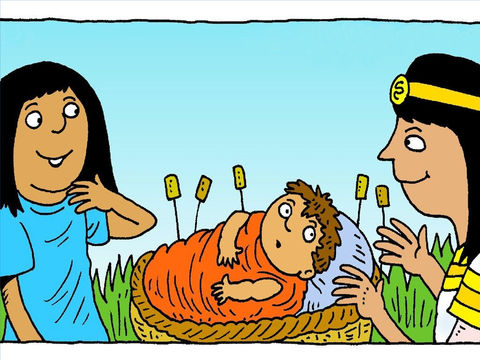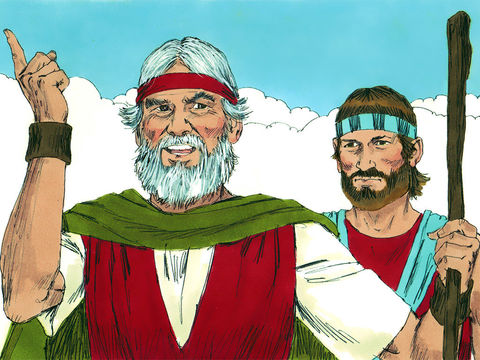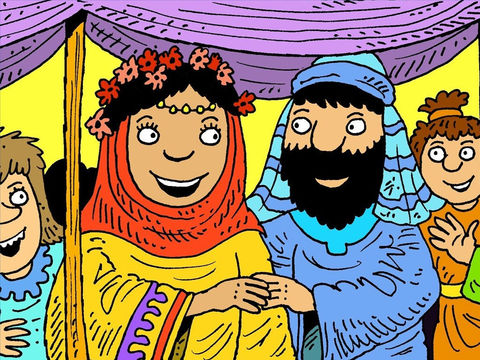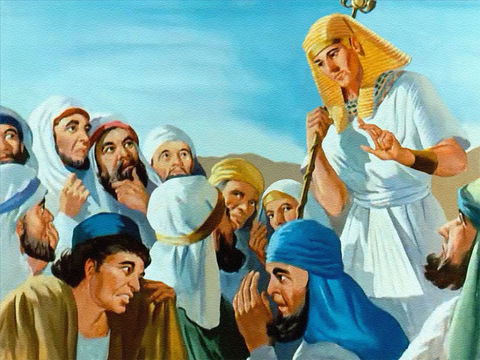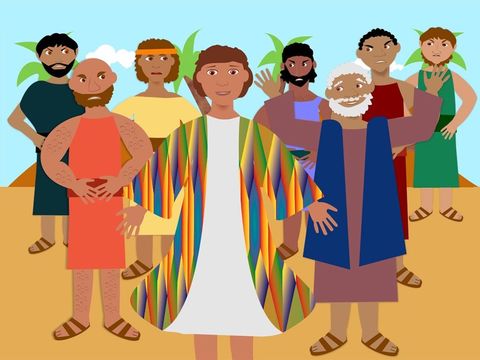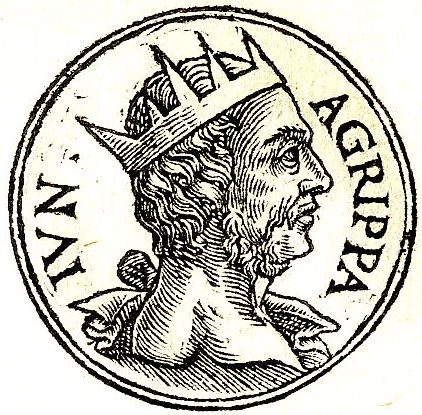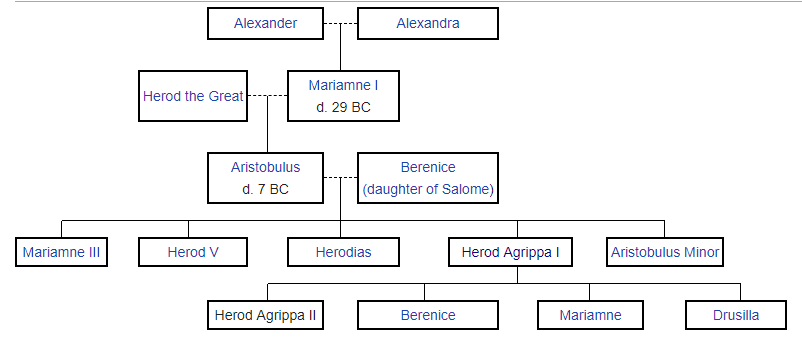Directrices del concurso y reglas oficiales:
¿Alguna vez has soñado con ilustrar un libro? ¿Te gusta dibujar caricaturas? ¿Te agrada dibujar con acuarelas? ¿Tienes experiencia creando imágenes vectoriales en una tableta, o tu estilo es más es lápiz y papel?
Buscamos artistas de todas las edades, cuyo trabajo podría aparecer en nuestra edición especial de lecciones infantiles para los Días Santos de Otoño.
English? Click Here!
Français? Cliquez ici!
Asunto
Cuando piensas en las Fiestas santas de otoño, ¿qué
imagen se te viene a la cabeza? ¿piensas en un israelita tocando una trompeta
de plata brillante frente al tabernáculo? ¿o en los carneros durante el Día de
Expiación? ¿o tal vez te imaginas al león y al cordero representando el
Milenio? Sea lo que sea, ¡prepárate para dar buen uso a tu creatividad!
Envíenos sus obras de arte relacionadas con la Fiesta
de las Trompetas, el Día de Expiación, la Fiesta de los Tabernáculos y el Último
Gran Día. Sus dibujos pueden representar símbolos, tradiciones o personajes y
escenas bíblicas relacionadas con estas fiestas santas. Estamos especialmente
interesados en dibujos estilo caricatura, pero también aceptaremos otros
estilos de dibujo para ser utilizados en nuestra publicación de lecciones
infantiles de edición especial, “Las Fiestas otoñales de Dios: Una guía de
estudio para enseñar el camino de vida de Dios a sus hijos”.
¿Qué tipo de dibujos estamos
buscando?
Las ilustraciones se pueden preparar en cualquier
medio 2D (por ejemplo: lápiz, tinta, lápices de colores, carbón, pasteles,
acuarela o pintura). También se aceptarán dibujos realizados por medios
tradicionales o electrónicos. Tenga en cuenta que estamos buscando trabajos
limpios y listos para usarse en nuestras diversas publicaciones.
Los dibujos deben ser de alta calidad (es decir, libre
de arrugas, manchas, marcas de borrador, etc.). Si es necesario, configure su
escáner, o su cámara para enviar imágenes de alta calidad.
¿Quién puede participar?
Se invita a artistas de cualquier edad a presentar sus
mejores dibujos. Las ilustraciones se evaluarán en tres categorías basadas en
tres grupos de edad.
Grupo 1 (12
años y menores)
Grupo 2 (13 –
20 años)
Grupo 3 (21 –
121 años)
Fechas límite del concurso
El concurso comienza el 15 de agosto de 2019
Último día para inscribirse: 20 de septiembre de 2019
Publicación de resultados: 27 de septiembre de 2019
Cómo participar
Los dibujos deben enviarse por medio del formulario de inscripción del concurso en línea, que estará disponible para los artistas a partir del 15 de agosto. Todos los artistas deben proporcionar su nombre, edad, una dirección de correo electrónico válida, congregación, algunas frases sobre sí mismos, y una breve descripción de su obra de arte junto con su presentación. Los artistas del Grupo 1 necesitarán la aprobación de sus padres para poder participar. Si no tiene acceso a Internet o un medio para crear copias electrónicas de su obra de arte, tal vez pueda pedir ayuda a alguien en su congregación local.
Formulario en línea: https://form.jotform.com/92453648593166
Reglas oficiales
- Dios,
Jesucristo o criaturas celestiales no pueden ser representados en los dibujos.
- Sólo
dibujos originales – no haga plagio o use material protegido por derechos de
autor.
- Las
imágenes deben ser apropiadas para niños menores de 12 años.
- Educación
Viviente se reserva el derecho de rechazar dibujos que contengan contenido
inapropiado.
- Los
artistas deben presentar su trabajo usando su propio nombre y bajo la categoría
de edad apropiada.
- Los
artistas pueden enviar hasta dos dibujos.
Renuncia de responsabilidad:
Enviar obras de arte para el Concurso de Arte de Otoño
transfiere el derecho al programa de Educación Viviente para usar y modificar
obras de arte con fines educativos y/o promocionales. Los dibujos no se
utilizarán para ningún propósito de ganancia financiera.
Ganadores*
Los mejores dibujos de cada categoría se utilizarán en
nuestras lecciones semanales para niños o en nuestra edición especial de
lecciones de las Fiestas Santas de otoño. Se mostrarán en el blog
“Actualizaciones” en nuestro sitio web junto con una breve biografía
del artista y una descripción de la obra de arte. Los artistas recibirán
crédito por cualquier obra de arte utilizada en nuestras publicaciones. Además,
los ganadores de cada grupo de edad recibirán un pequeño premio de Educación
Viviente.
Las ilustraciones que reciban mención honorífica se
mostrarán en el blog “Actualizaciones” en nuestro sitio web junto con
una breve biografía del artista y una descripción de la obra de arte.
*Si se selecciona su dibujo, recibirá una notificación
por correo electrónico.
** Puede haber oportunidades especiales disponibles
para que artistas destacados se unan al equipo de ilustración del Programa
Bíblico para Niños de Educación Viviente que puede involucrar diferentes
proyectos e iniciativas.
Para obtener más información sobre las directrices de este concurso, o para preguntas, póngase en contacto con:
Rebekah Ross | Living Education – Children’s Bible Program Staff
[email protected]
704-708-2295
